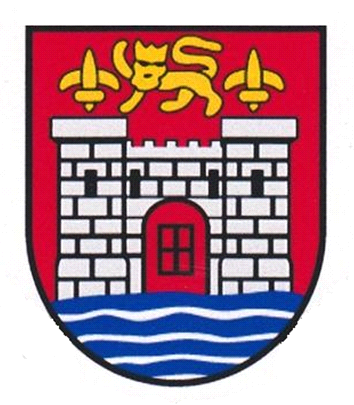Our Curriculum
Our curriculum has been developed by starting with the national curriculum and the cornerstones resource, adapting our provision to meet the needs of our pupils.
Our curriculum is delivered through Imaginative Learning Projects (ILPs) which provide a rich menu of exciting and motivating learning activities that make creative links between all aspects of our children’s learning.
We believe children learn better when they are encouraged to use their imagination and apply their learning to engaging contexts. Our curriculum provides lots of learning challenges throughout the academic year that require children to solve problems, apply themselves creatively and express their knowledge and understanding effectively across the curriculum.
How it Works?
Children will progress through four distinct stages of learning in each ILP – Engage, Develop, Innovate and Express.
Engage
At the "Engage" stage, children:
- Gain memorable first-hand experiences, such as going on a visit or inviting a special visitor into school.
- Enjoy ‘WOW’ experiences.
- Get an exciting introduction to a topic or theme.
- Begin researching and setting enquiry questions.
- Get lots of opportunities to make observations.
- Develop spoken language skills.
- Take part in sensory activities.
- Have lots of fun to fully 'engage' with their new topic.
Develop
At the "Develop" stage, children:
- Improve their knowledge and understanding of the topic.
- Develop and practice their new skills.
- Compose, make, do, build, investigate, explore, write for different purposes and read across the curriculum.
- Research their own questions and those set by others.
- Follow new pathways of enquiry based on their interests.
- Complete homework activities that support their learning.
Innovate
At the "Innovate" stage, children:
- Apply skills, knowledge and understanding in real-life contexts.
- Solve real or imagined problems using everything they’ve learnt.
- Get inspired by imaginative and creative opportunities.
- Revisit anything not fully grasped at the ‘Develop’ stage.
Express
At the "Express" stage, children:
- Become the performers, experts and informers.
- Share their achievements with parents, classmates and the community.
- Evaluate finished products and processes.
- Link what they have learnt to where they started.
- Celebrate their achievements.

